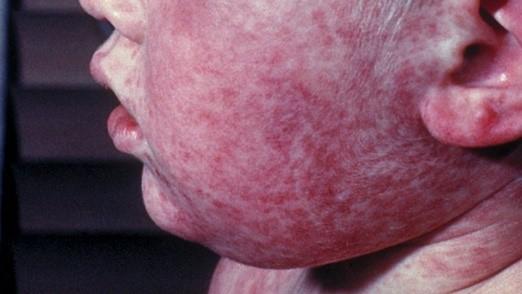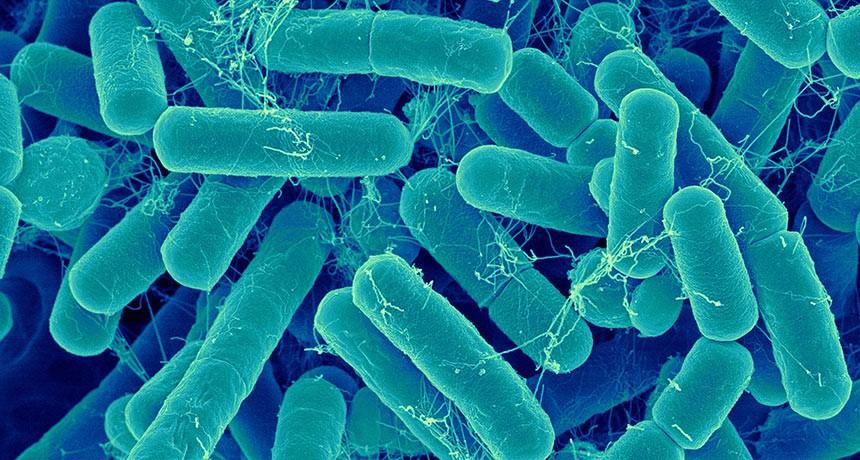
4 minute read
The Problem with Anti Vaxxers
By Ella Broomberg, U6 DT
‘Anti-vaxxer’ is the term coined for people who are opposed to vaccinations because, ultimately, they do more harm than good. They disparage medical professionals and scientific research that demonstrates the benefits and safety of such medications and take an active stand by refusing to vaccinate themselves or their children.
Advertisement
The early 21st century saw a spike in refusal of the MMR vaccine, following the
release of a study by Andrew Wakefield in 1998. It stated that there was a link between the triple vaccine against measles, mumps and rubella, and autism. This led to widespread panic, and vaccination rates dropped from 90% to 79% in 2003. This study has since been disproven by an investigation, involving over 600,000 children, which concluded that the vaccine does not increase the risk of developing autism, nor does it trigger the disorder. Many put their distrust of vaccinations down to their own bad experiences. In a video made by ‘Jubilee Media’, one woman describes how she became arthritic in
her hands in college after receiving a vaccine, while another tells the story of her daughter developing epilepsy for which she blames her vaccinations. As with any medical procedure, vaccination does come with risks, but these are very low. For example, there is a 1 in 100,000 risk of anaphylaxis (allergic reaction) to the vaccine; this is often due to an egg allergy, and the nurse administering the vaccine will check for this to minimise the risk. No vaccination would be distributed to the public if its side effects had not been tested for, and however significant you consider the risks, the benefits are evident through outbreaks that have occurred in recent years. Whilst 1996 saw fewer than 100 cases of measles in the UK, there were over 2000
laboratory-confirmed cases in 2012, which coincides with the wave of children not vaccinated following the 1998 scare. There are 3 reasons why this ‘revolution’ is a problem for the health and future of our population: kids are at risk; herd immunity is threatened; and vaccination could lead to eradication.
1. Kids are at risk. This rise in anti-vaccination is being seen primarily in parents refusing to get their children vaccinated. Spending so much of their time around
other children, they are at high risk to contract a disease, as well as pass it on to others. In the case of measles, the effects of the disease don’t just stop at a fever and rash; in extreme cases, usually in infants and the elderly, it can cause pneumonia, brain swelling and deafness. 2. Herd immunity is threatened. As well as protecting individuals, vaccination has the benefits of also protecting those who cannot be vaccinated. This could be because they are immunocompromised from cancer treatments or other diseases (e.g. HIV/ AIDS) or have had previous reactions to vaccines. If you are unable to become infected, because your immune system is able to fight the pathogen, you are much less likely to pass it on to others who could be more greatly affected by the disease.
This is called herd immunity. Each disease requires a different percentage of a population to be effectively vaccinated to produce herd immunity. This is calculated from a value called R0, which indicates how infectious a disease is. For example, polio has an R0 of 6, while the value for measles is 15. This means they require an 83% and 94% vaccination rate, respectively to protect those more vulnerable.
3. Vaccination could lead to eradication. The first major example of this is the famous case taught in your Biology lessons of Edward Jenner. He vaccinated susceptible individuals by introducing them to the less harmful cow pox virus, as a method to protect them from the potentially fatal small pox disease. Through global vaccination schemes, the disease has been eradicated from humans, with the last natural case in 1977. Some say there is the same hope for measles. Since the introduction of the MMR vaccine, the number of cases of measles, mumps and rubella has fallen by over 98% in England and Wales. The same cannot be said for countries such as India and Guinea, which have suffered recent outbreaks, but as healthcare systems, infrastructure and education improve, the statistics will follow the same trends as in the UK. Once eradicated, there is no need for the vaccine at all, as there is no threat from the pathogen.

I hope these obvious advantages encourage you to stay up to date with your vaccinations and have armed you with some vital information to shut down the next anti-vaxxer you meet because, while they are the problem, we are all part of the solution.





